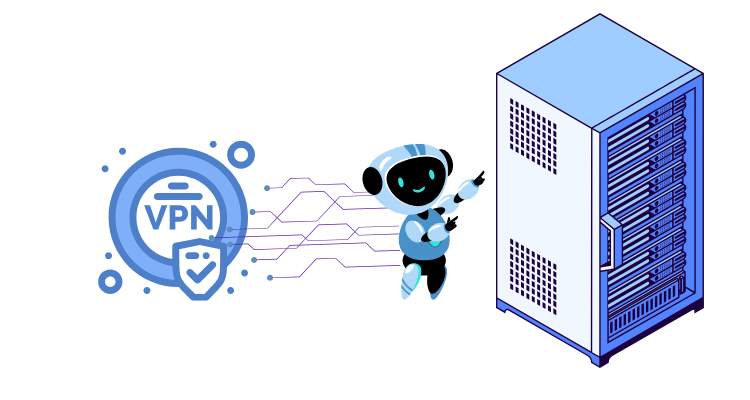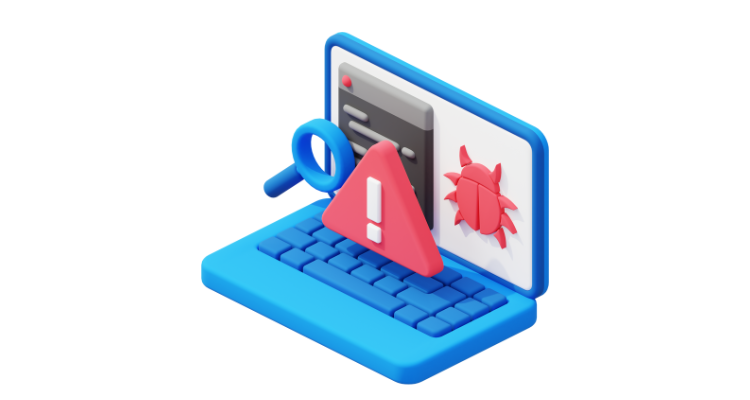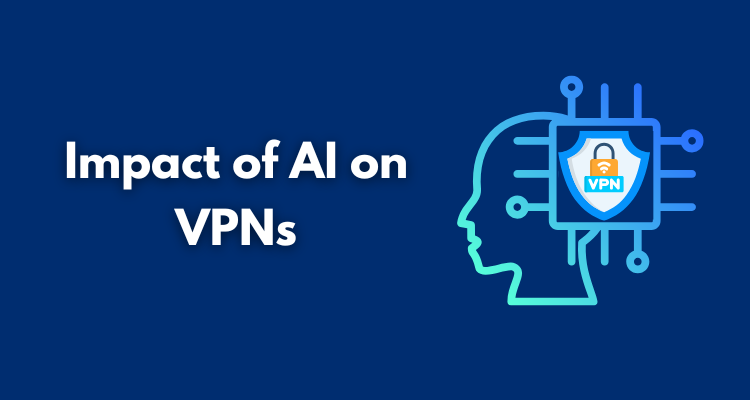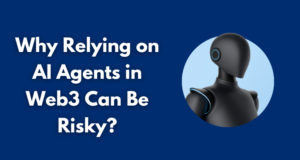For years now people have relied on Virtual Private Networks (VPNs) to securely connect to the internet and protect their privacy. By routing and encrypting your connection via a remote server, VPNs effectively act as a shield that protects your data from prying eyes.
Recently however, VPNs have started to evolve thanks to the rapid growth of Artificial Intelligence (AI). If you want to know exactly what impact it has had and how it is enhancing VPNs – just keep reading.
Table of Contents
ToggleOptimizing Routes and Server Selection

Ever heard about how VPNs can speed up your connection? To be honest, that claim is only partly true and largely depends on whether the VPN can provide a better route to the server you’re connecting to – which is always a bit of a coin toss.
With the rise of AI however, all that could change. Its machine learning can analyze data in real-time and evaluate factors such as server load, geographic proximity, network congestion, and more – all to connect you to the fastest server available with the best routes.
Some VPNs have already started to use AI in this fashion. For example, ExpressVPN uses AI to dynamically adjust server connections and optimize connection settings based on your activity. This results in faster speeds, and better performance levels – without having to go through the time-consuming ordeal of tweaking it manually.
Improved Encryption

Encryption is one of the biggest draws of VPNs and its what protects your data from being read even if it is intercepted. However developing robust encryption protocols is a balancing act, and stronger encryption often comes at the cost of lower performance.
AI can analyze existing encryption protocols to identify potential vulnerabilities, and even dynamically adjust the encryption that is used based on network conditions and the types of data being transmitted. It can also be used to design, test, and optimize new encryption methods faster than any human ever could – which translates to stronger encryption and better performance in the long term.
One of the major threats to existing encryption algorithms is that powerful new quantum computing machines will be able to easily break them. Already some VPNs are investing heavily in AI to develop quantum-resistant encryption that will future-proof their services and ensure that your data remains secure.
Smarter Threat Detection

Traditionally, VPNs have relied on static protocols and predefined rules to block threats from external sources. However at times this is not enough, and many VPNs often struggle against more sophisticated cyberattacks because their rules can’t adapt fast enough on the fly.
On that front, AI can change the game by using machine learning to continuously monitor and analyze network traffic, systems, and user behavior in real time. It can detect any anomalous behavior or deviations from normal patterns that could indicate a potential threat – predicting it before it fully materializes.
Once a threat is identified, the AI can take action to flag or block the activity before it becomes a problem. For example, if there is a sudden spike in traffic from an unusual source an AI-powered smart VPN will be able to block it in advance, instead of only reacting after the attack has started.
It should be noted that some VPNs are already using AI to integrate new types of detection for phishing attempts, malware, and other threats. In the future VPNs may be able to scan all traffic, files, and links before they reach your device – thereby providing more thorough protection.
Enhanced Privacy
Many people rely on VPNs as a tool to improve their privacy. While VPNs can’t stop all types of tracking, they can ‘mask’ your identity online and prevent websites and services from tracking your location as well as online activities – to a degree.
With the help of AI, VPNs can take that a step further and make it harder for third parties to track you by intentionally obfuscating your activity. For example, it could randomize server connections and adjust traffic patterns to confuse many of the current methods of tracking your activities.
The additional layer of obfuscation from AI-powered VPNs can be particularly useful when attempting to evade censorship or other types of restrictions. VPNs that leverage AI will be able to dynamically switch protocols or servers to bypass firewalls while preserving anonymity.
Personalized User Experience
Although VPNs have evolved to be a lot more user-friendly nowadays, the use of AI could take that to a whole new level. Imagine a VPN that can use AI to analyze your behavior, learn your browsing habits and preferences, then automatically customize its settings to match your needs without you having to lift a finger.
Needless to say, this can improve the user experience of VPNs by leaps and bounds – and it doesn’t stop there. Already there are VPN providers that are starting to roll out AI chatbots for customer support that are able to troubleshoot issues, recommend settings, and guide users if they run into any trouble.
In the future some chatbots may even ‘remember’ past interactions, and be able to tailor their support based on how tech-savvy you are, and how much help you really need. Hopefully this will reduce the frustration that many people feel when dealing with pre-scripted tech support.
What to Expect Moving Forward
As you can see, AI is already having a significant impact on VPNs and enhancing them in many ways. Moving forward its integration is only likely to deepen as more and more VPNs look for ways to leverage the power of machine learning to improve their ability to provide safe and secure connections.
On top of enhancing existing features, AI is also adding to the capabilities of VPNs and enabling them to handle a wider range of threats. At some point or other it wouldn’t be surprising if VPNs are able to completely safeguard all of your online activity.
Just keep in mind that as AI can be a double-edged sword and it is likely to be misused to power increasingly sophisticated cyberattacks in the future. To combat that, and guarantee the safety of your data, VPN providers will need to stay ahead of the curve and up their game to match the threats that are out there.










